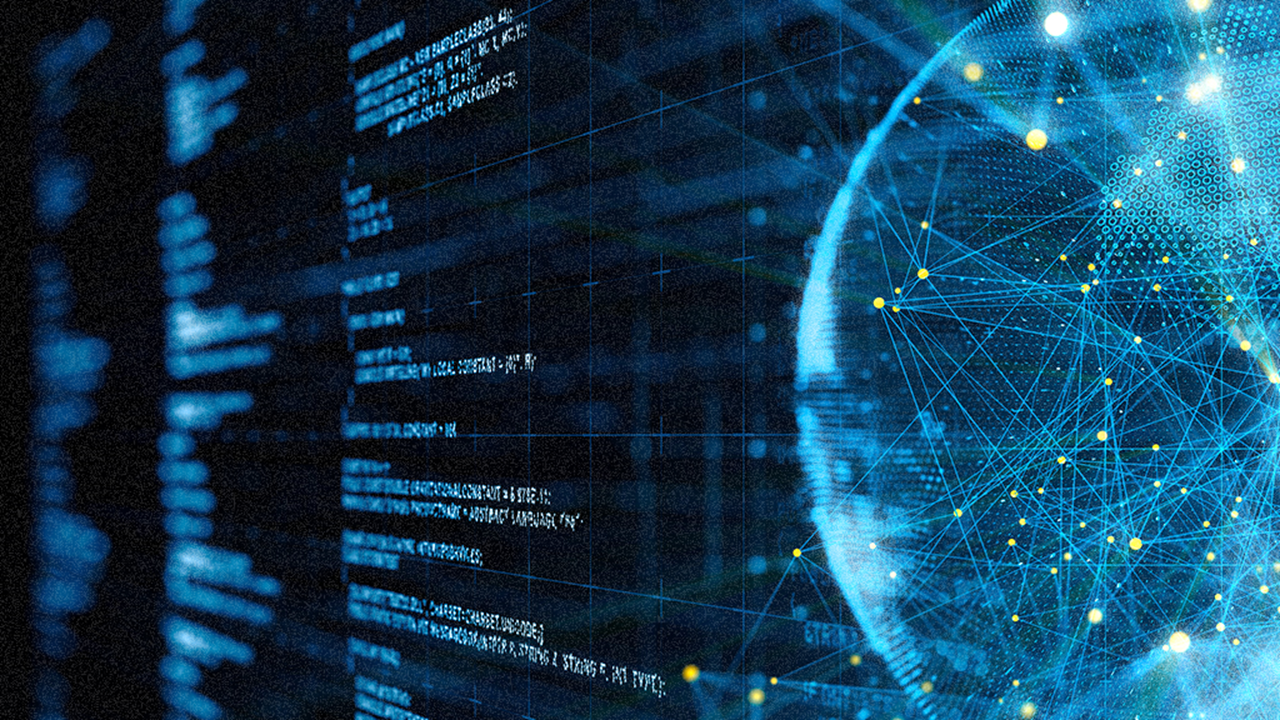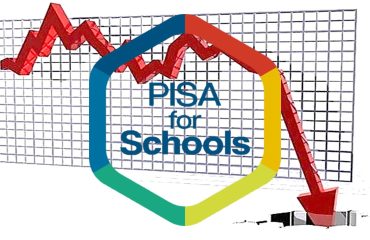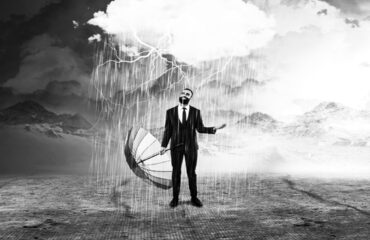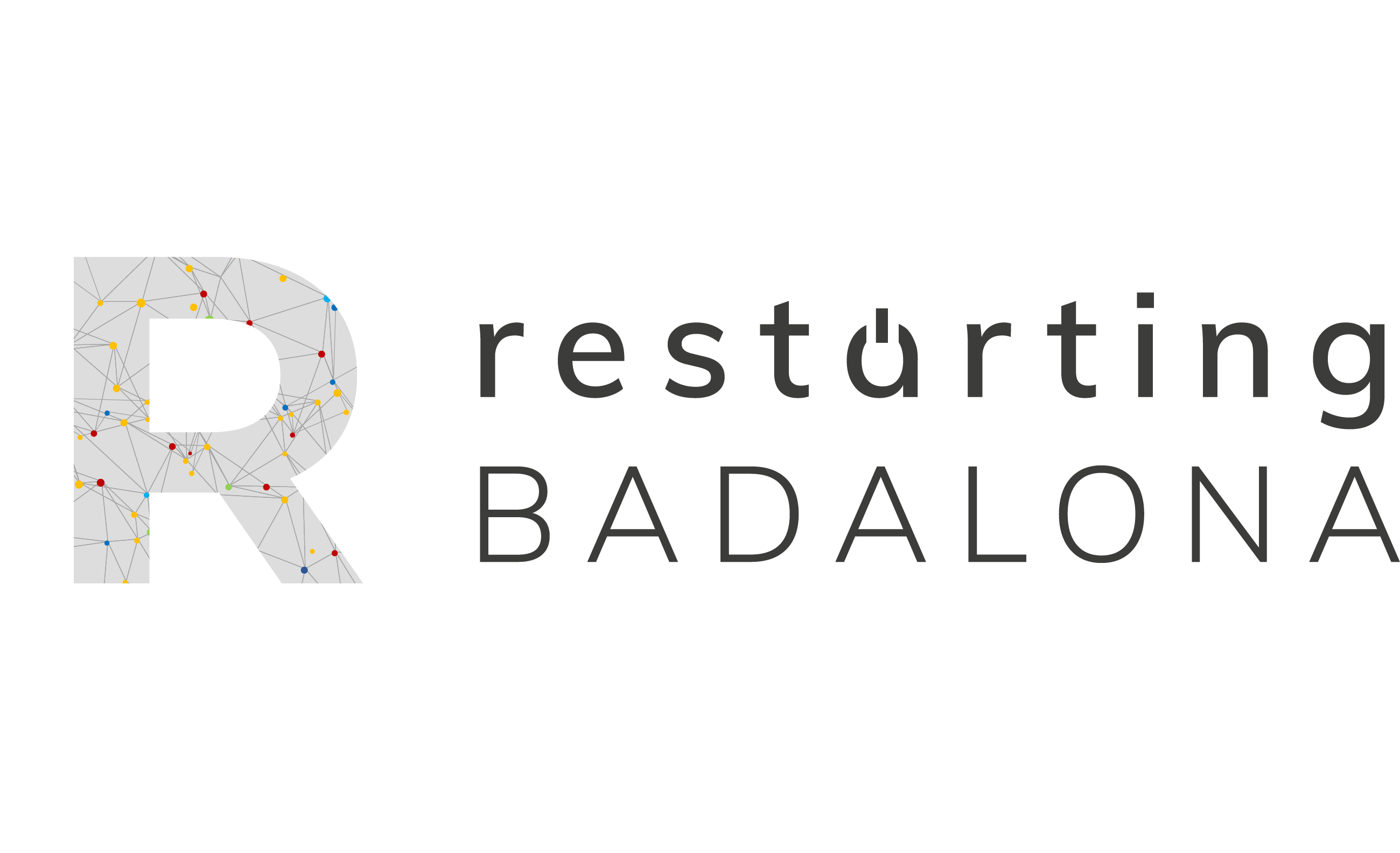
Do we progress or regress? Humans have demonstrated many times that we are capable of continuing to find new ways to create economic value and thus continue to progress as a society. You only have to read a little Steven Pinker to understand that “in the last seven decades, humans have achieved a longer, healthier, safer, richer, freer, fairer, happier and more intelligent life, not only in West, but all over the world. “
It cannot be said, however, that we are so skillful when it comes to distributing the new wealth generated, given the great inequalities that are well into the 21st century.
We have been even more clumsy in terms of preserving the planet, squeezing as if there were no tomorrow, with all the tools we have had at hand. Just as our capacity for innovation and wealth generation has grown exponentially over the centuries, so has our ability to damage the planet, despite having the knowledge to prevent it. Since 1950 there has been a great acceleration of the human impact on the earth that can lead us to a point of no return. If the entire world population had a lifestyle like that of the Americans, 5 planets Earth would be needed. In the most prestigious business schools they have already incorporated, in their teachings, the planet as one more stakeholder for companies, governments and all kinds of organizations.
How many times have we heard that data is the oil of the 21st century? Just as oil has been, and still is, very important for progress but fatal for the environment, the same can happen to us with data: it is one of the main raw materials for innovation and progress. In manufacturing, real-time sensor data improves predictive maintenance, so industrial machinery can be repaired even before it has a chance to break down and cause production shutdowns. In the agricultural sector, the analysis of meteorological and soil moisture data collected by smart sensors can optimize the use of irrigation and fertilizers, so that farmers can maximize their crop production. In the scientific realm, the analysis of big data can help develop better medical diagnostic tools and better models for predicting climate change and natural disasters.
But the use and abuse of access to personal data carries risks. In 2010 Mark Zuckerberg proclaimed “privacy is no longer a social norm.” Some of the online business companies are using our experience, turning our lives into data and hoarding photos. Shoshana Zuboff alerts us to the most important risk: the ability of market players to manipulate us and modify our behavior, that is, to trade in future behavior. You just have to watch the movie Brexit: The Uncivil War or the documentary Facebook Lies to get an idea.
Recent studies tell us that more than 90% of consumers are not comfortable with the way their personal data is shared online. People start to realize that when you click or like something else is happening. The documentary The Social Dilemma has turned privacy into a conversation starter for dinners and meetings with friends and relatives. It is not that the data allows us to predict the future, but that they design it.
This awareness should not make us fall into the error of technophobia. Technology is not the problem. It is this form of market, unimaginable outside of this digital world, which permeates technology and uses it for its objectives. New technologies are being developed to protect data while it is being used for secure analysis and processing: confidential computing, privacy-aware machine learning, or homomorphic encryption allow data to be shared securely in untrusted environments.
And what about Artificial Intelligence? Well, you just have to replace the word “data” with “Artificial Intelligence”. The one without the other is very limited. Or rather, the synergies between the two are what gives them exponential potential.
If we are clear that making good use of data and technology can have great benefits for improving people’s lives, we need to have (good) governance, regulation and financing mechanisms to push this “data economy” towards the right path. The European Union has been a pioneer in regulating the use of data and, although the rule only applies in Europe, companies everywhere adapt to have access to the European market. The EU must go further in developing a competitive, safe, inclusive and ethical digital economy. We risk the future.
Martí Casamajó, member of the associació Restarting Badalona



